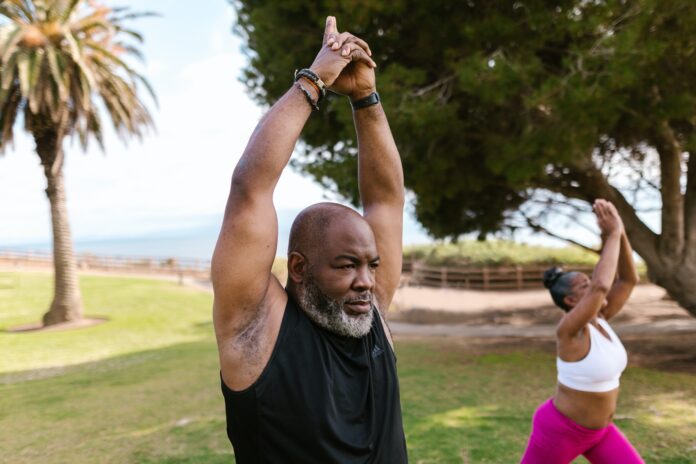
By
The United States has officially seen its hottest summer ever since 1880. As record-breaking heat waves sweep the nation, research warns that rising temperatures could trigger an increase in mental illness for children and adults.
A 2022 study of more than two million Americans, using data collected between 2010 and 2019, found that extreme heat days were associated with increased rates of mental health-related emergency room visits.
The researchers at the Boston University School of Public Health found that patients frequented the ER for specific conditions, including substance use disorders, anxiety, stress, mood disorders, schizophrenia, self-harm, and childhood behavioral disorders.
“This finding may be informative for clinicians providing mental health services during periods of extreme heat to prepare for increases in health service needs when times of extreme heat are anticipated,” they wrote.
Compared to Southern regions, residents in the Northeast, Midwest, and Northwest exhibited slightly greater mental challenges during extreme heat.
Amruta Nori-Sarma, an assistant professor of environmental health at Boston University, says it’s because non-southern residents are accustomed to cooler climates.
“They don’t necessarily have the skills or resources in place to cope during times of extreme heat. Heat events will become even more extreme as the climate continues to warm, so it’s doubly important to identify the populations that are most vulnerable and to help them adapt to warmer summertime conditions,” she said in a statement.
Additional research predicts that temperature increases through 2050 could lead to 21,000 suicides in the U.S. and its neighboring Mexico.
Extreme Heat Haunts Black People
It doesn’t matter what region Black people call home, extreme heat riddles their neighborhoods nationwide.
According to a 2021 study published in Nature, across 175 of the nation’s largest cities, Black people were most likely to live on “heat islands.” This term refers to areas in cities where buildings, roads, and other urban structures absorb and re-emit the sun’s heat. These communities often lack trees, parks, and lakes — natural landscapes that would cool the area down.
Black people were prone to living in extreme heat regardless of their income.
America’s history of redlining and other forms of housing discrimination are responsible for these climate and environmental disparities.
How to Stay Cool and Stress-Free
During summertime, seasonal depression may manifest as irregular sleep, weight loss, anxiety, and trouble concentrating. Seasonal affective disorder, also known as SAD, isn’t limited to the cold and gloomy months.
Dr. Rohit Madan, an assistant professor of psychiatry at the University of Arizona, suggests prioritizing rest because “the days are longer and it can be harder to fall asleep.”
He also recommends “heat-safe” activities for entertainment.
“Reading, puzzles, cooking, gardening indoor plants, or engaging in crafts to provide a sense of accomplishment, relaxation, and enjoyment while staying cool indoors. Engaging in creative activities, such as painting, drawing, writing or playing a musical instrument, can provide an outlet for self-expression, promote relaxation and enhance mood.”
If you or someone you know needs temporary access to air conditioning, please visit this link to locate a free, community-based Cooling Center near you.
For assistance in the case of a mental health crisis, call the free, 24/7 National Suicide & Crisis Lifeline by dialing 9-8-8.



